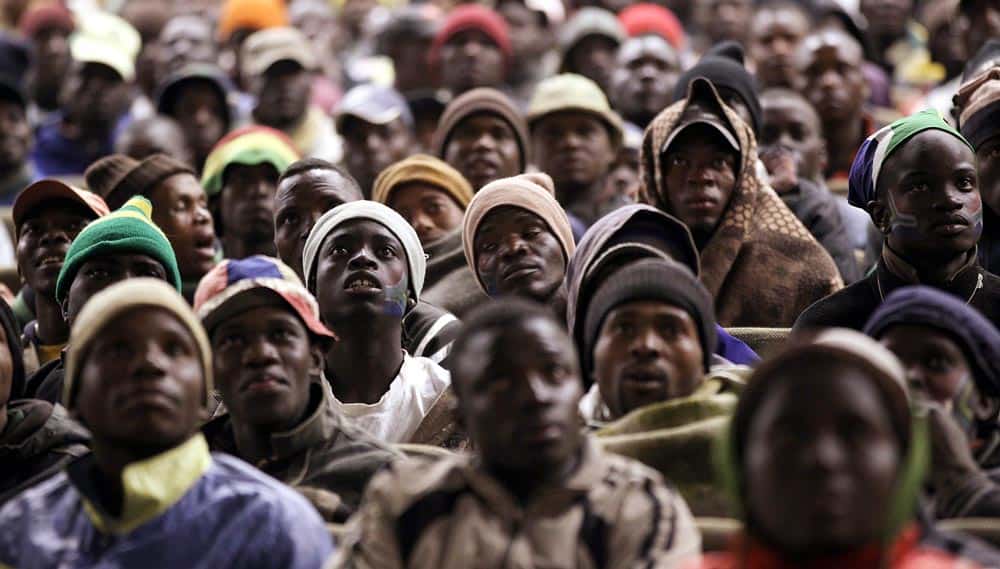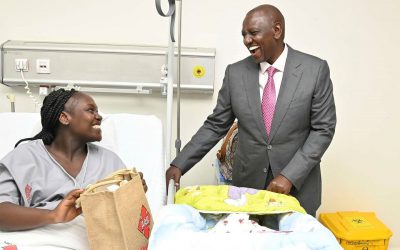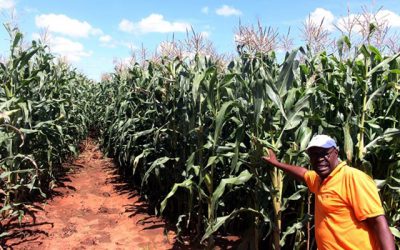April 15, 2017
Mo Ibrahim Foundation
The focus of the 2017 Mo Ibrahim Forum, holding in Marrakech, Morocco is “Africa at a tipping point” and what needs to be done to ensure that Africa’s progress continues to rise rather than fall back. The result of this defining moment depends more than anything else on our ability to harness the energy, and meet the expectations, of Africa’s young people.
60% of the continent’s population are under 25 years of age. In 2050, Africa will be home to 452 million people between the ages of 15 and 24. Their drive, ambition and potential provide African countries with an extraordinary asset. But today, too many of them feel devoid of economic prospects and robbed of any say on the future of their own continent.
The commodity cycle of the past decade may have supercharged many African GDPs but it created almost no jobs. Young people may have spent more years in school but too few have been equipped with the skills the economy needs. The more educated they are, the less likely they are to find employment on their own continent.
The nature and fit of democracy is also being tested. “Free and fair” elections have indeed multiplied over the last decade, leading to peaceful changes of power. But voter turnout is declining and scepticism about elected representatives growing. An average gap of 46 years between the people and their rulers fuels doubt about whether those elected to office can relate to the interests of their citizens. Meanwhile, alternative political models such as China, and the rise of populism and parochialism in Western countries, which some believe will lead to better economic futures, weaken the appeal of current democratic models.
The lack of economic opportunity mixed with democratic fatigue and political disenfranchisement may become a “toxic brew”. The 1000% increase in terrorist attacks in Africa over a decade and the rising number of those risking their lives to cross the Mediterranean show where frustration, anger and despair can lead. Climate change, created elsewhere but impacting Africa the most, will only intensify these problems.
Terrorism’s growing footprint on the continent is fuelling conflict, division and instability and damaging prosperity by acting as a parasite on economies. It has become a well-organised multi-billion dollar criminal enterprise with growing control over the drugs trade, people trafficking and other parts of the black market. The jobs, status and income that terrorism offers to young people who are cut off from the mainstream economy, may be more attractive than the ideology itself.
High hopes can also lead to deep frustrations. If the energy and ambition of Africa’s youth continue to be wasted, they could become serious destabilising forces, threatening not just future progress but rolling back the gains of recent years. This huge and immediate challenge requires committed leadership and robust governance if Africa is to enable its young people to build the prosperous and peaceful future we all want to see.
Culled from the 2017 Forum Report of the Mo Ibrahim Foundation – http://s.mo.ibrahim.foundation/u/2017/03/27173846/2017-Forum-Report.pdf




